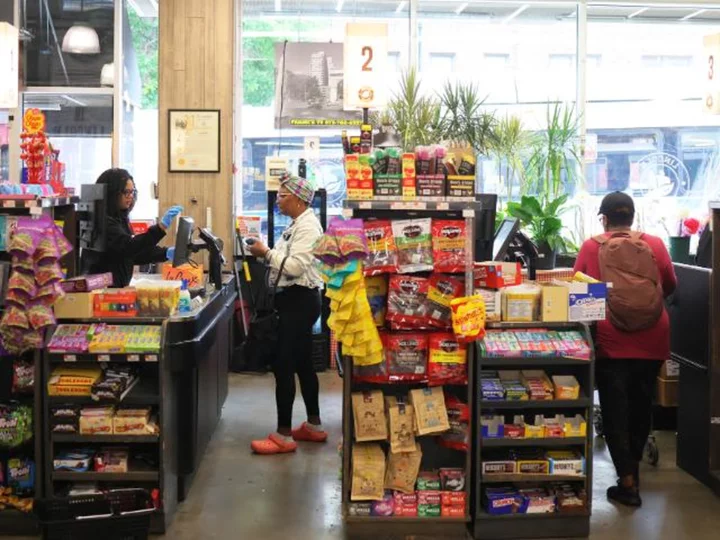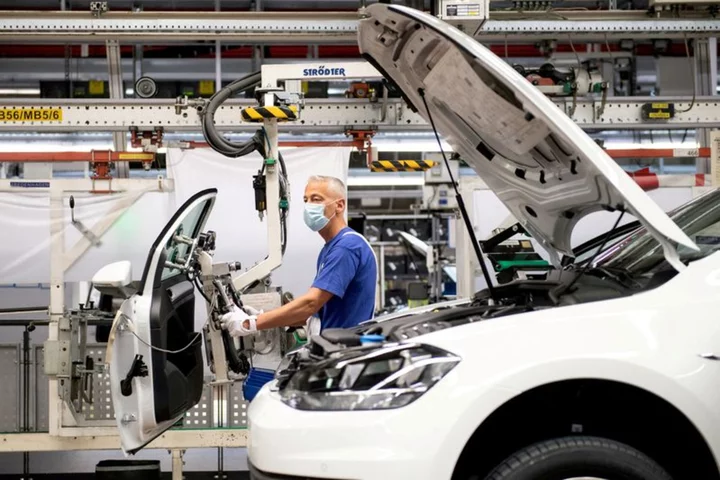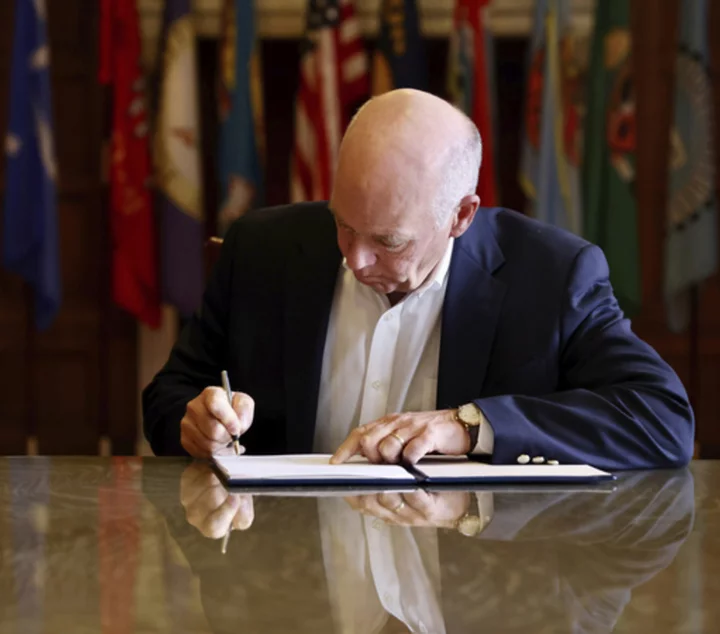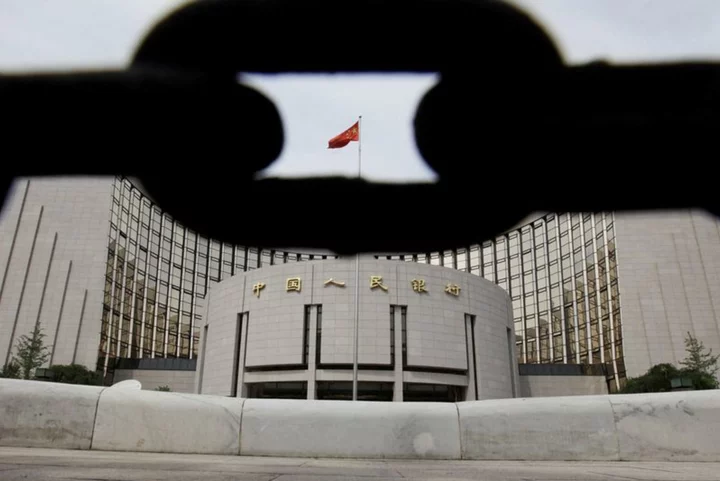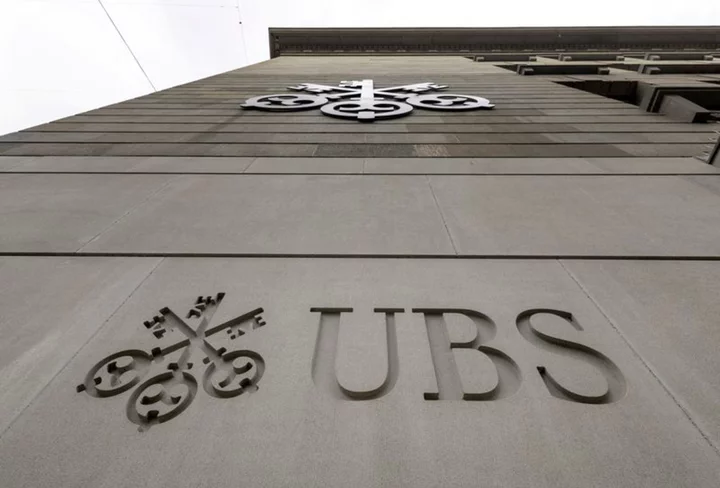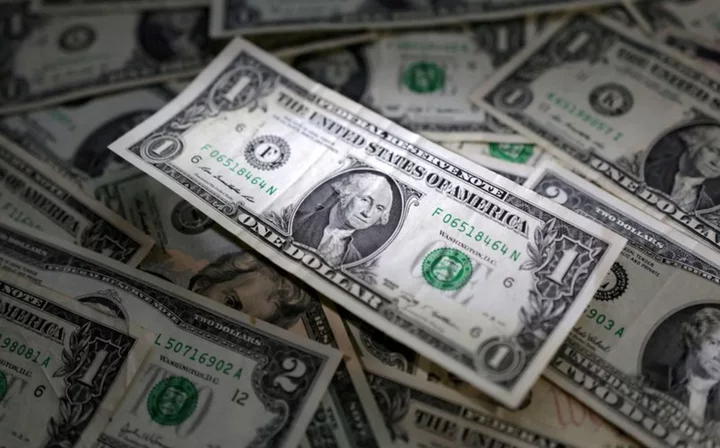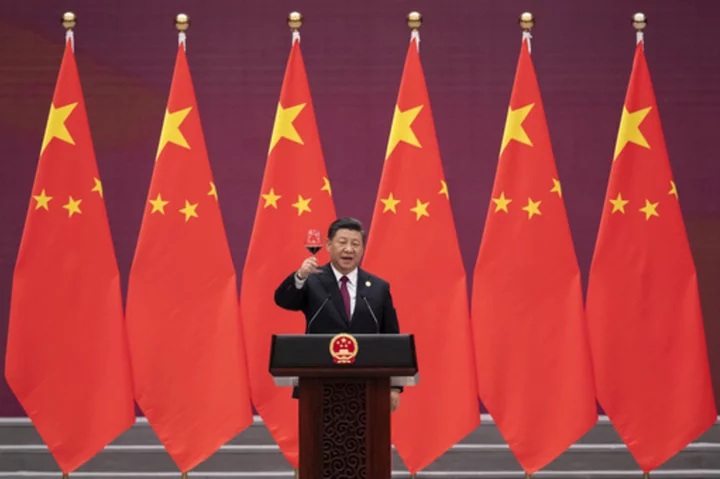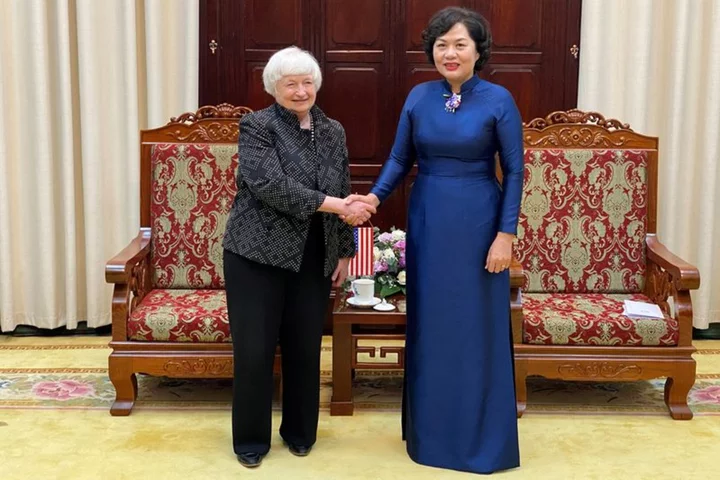Americans are feeling upbeat about inflation and the economy, according to the University of Michigan's latest consumer survey released Friday.
The university's preliminary reading for June showed that consumer sentiment rose 8% from the prior month, "reflecting greater optimism as inflation eased and policymakers resolved the debt ceiling crisis," according to a release. Sentiment is at its highest level in four months.
Consumers' inflation expectations for the year ahead retreated for the second straight month, declining to 3.3% early this month from 4.2% in May. That's good news for the Federal Reserve, which closely watches sentiment surveys to gauge the expectations consumers and businesses have for price hikes. It does that to make sure Americans haven't become used to higher prices — because if they have, that makes bringing down inflation extremely difficult and erodes consumers' purchasing power.
"The sharp drop of short-term consumer inflation expectations points to another slowdown in the June CPI report, which will be out before the Fed's next decision," wrote Bill Adams, chief economist at Comerica Bank, in an analyst note. "The big picture for the Fed is that inflation fears are receding, but not back to where they were prior to the pandemic."
Another consumer survey, released by the Federal Reserve Bank of New York, showed that consumers' near-term inflation expectations fell in May to their lowest level in two years, though businesses aren't feeling as peppy. A sentiment survey released Tuesday by the National Federation of Independent Business showed that a greater number of small businesses said in May they were concerned about inflation.
However, Federal Reserve Chair Jerome Powell said in his news conference this week that inflation expectations remain in check.
"Despite elevated inflation, longer-term inflation expectations appear to remain well anchored, as reflected in a broad range of surveys of households, businesses, and forecasters, as well as measures from financial markets," he said in a news conference following the central bank's June monetary policy meeting.
Inflation has continued to slow: The closely watched Consumer Price Index rose 4% for the year ending in May, down sharply from April's 4.9% rise. But that doesn't mean more rate hikes are not coming down the pike. Fed officials signaled Wednesday they expect additional rate hikes — as many as two more quarter-point increases some time this year. That's mostly over concerns about core inflation, which excludes volatile energy and foods prices, remaining stubbornly high.
Federal Reserve Governor Christopher Waller said Friday during a conference in Norway that more rate increases are needed to address core inflation.
"Let me state unequivocally: The Fed's job is to use monetary policy to achieve its dual mandate, and right now that means raising rates to fight inflation," he said.

